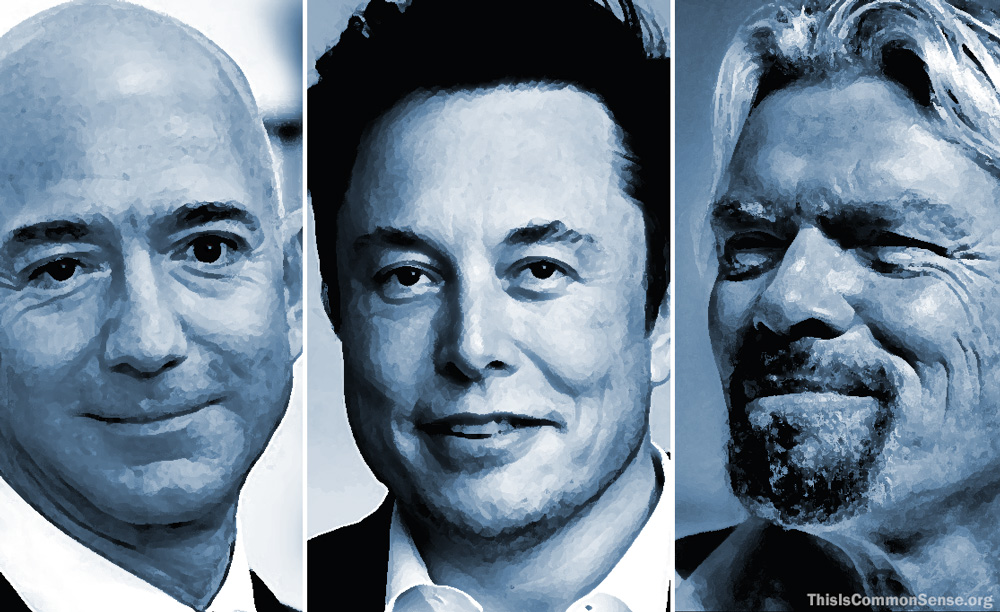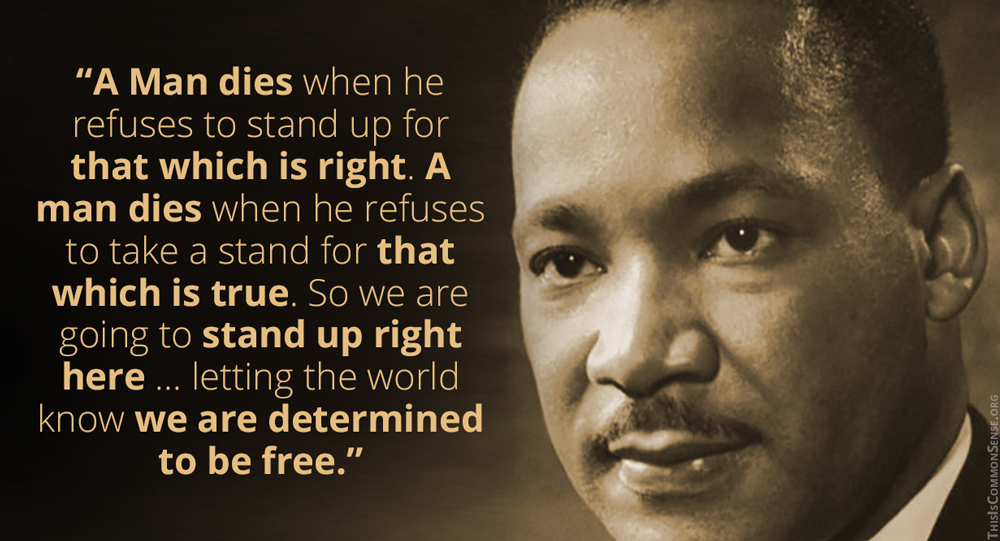Can you communicate with your mind alone, without moving a muscle?
Setting aside fantasy and wishful thinking, my answer is, at least presumptively, “No.”
But the paralyzed man known as T5 was not alone when the sentences he imagined appeared on screen at a rate of 18 words per minute with an accuracy of about 94 percent.
He had the help of inventive scientists. And, by some definitions, I suppose T5 did move a muscle: his brain.
Normally, though, we must also move other muscles to get what’s on our mind out into the world and communicate it to others.
After suffering a spinal cord injury in 2007, T5 became almost entirely paralyzed. Several years later, he enrolled in a clinical trial called BrainGate2 to research brain-computer interfaces.
Two small microchips were implanted in his brain.
Scientist Frank Willett of Stanford University and his colleagues asked T5 to imagine that he was writing individual letters and punctuation marks. They found that the patterns of neural activity they recorded were distinct for each letter, period, and comma.
Now all they had to do — a trifle! — is train an algorithm to predict, based on T5’s neural patterns, what letter or punctuation mark he was writing in his imagination.
It worked. Initial accuracy: 94 percent. With autocorrect that percentage went up to 99.
As yet, the technology is said to be too rudimentary to be practically applied. But the basic approach has been shown to be viable. The work also communicates the power of human ingenuity.
This is Common Sense. I’m Paul Jacob.
art credit: binary
—
See all recent commentary
(simplified and organized)





